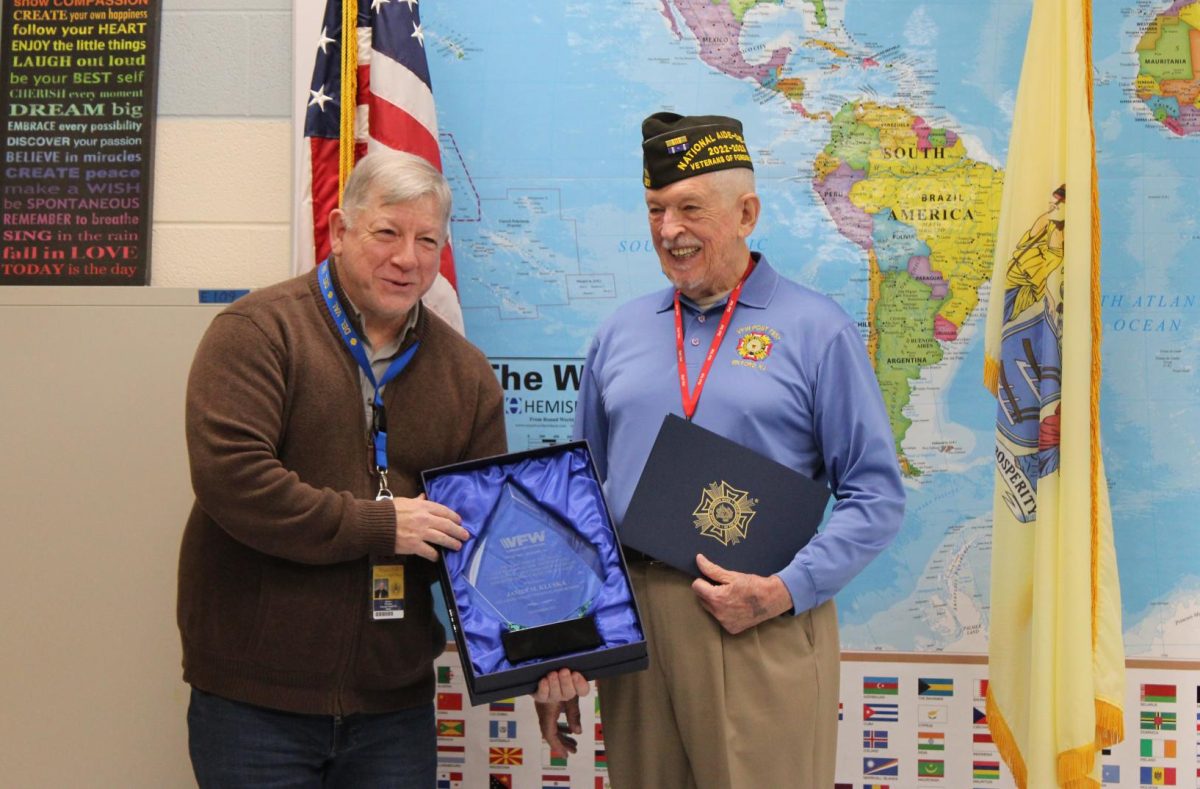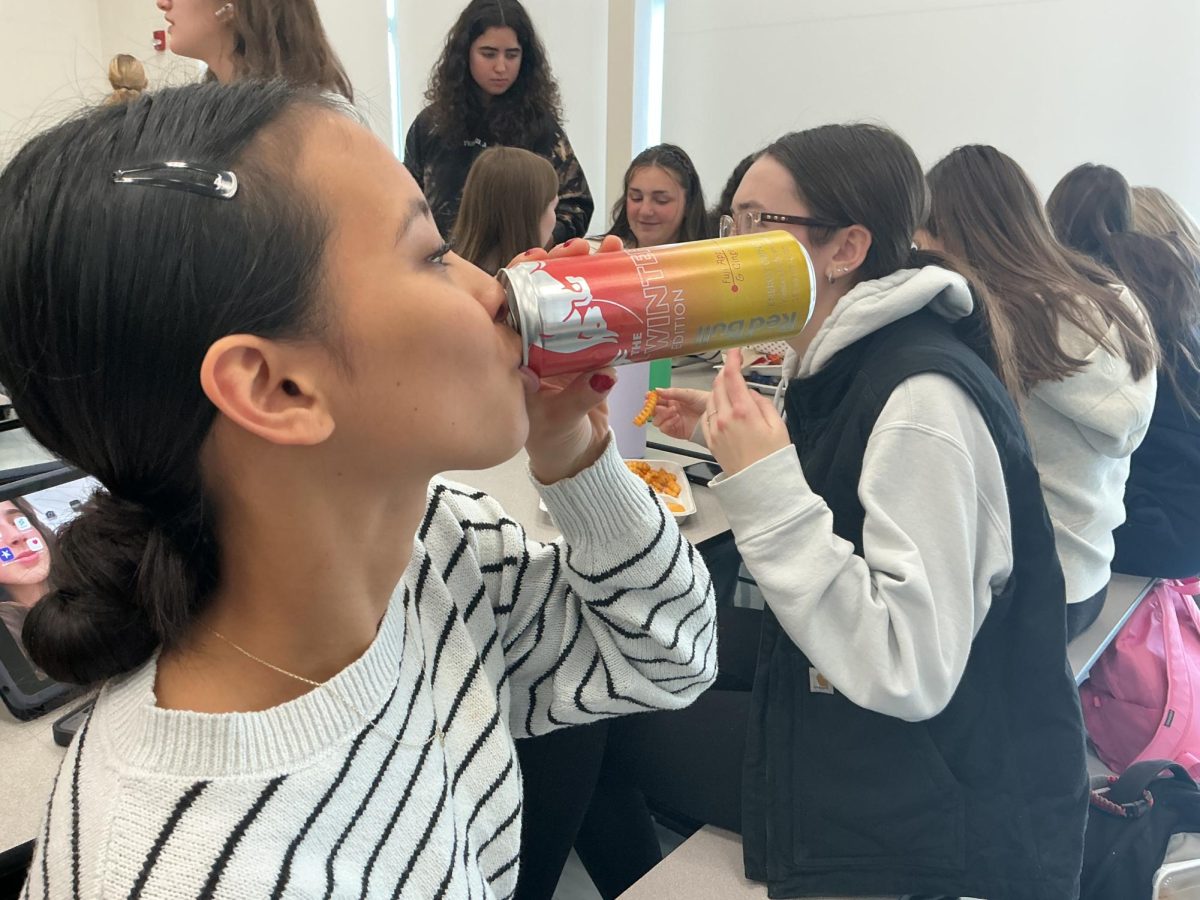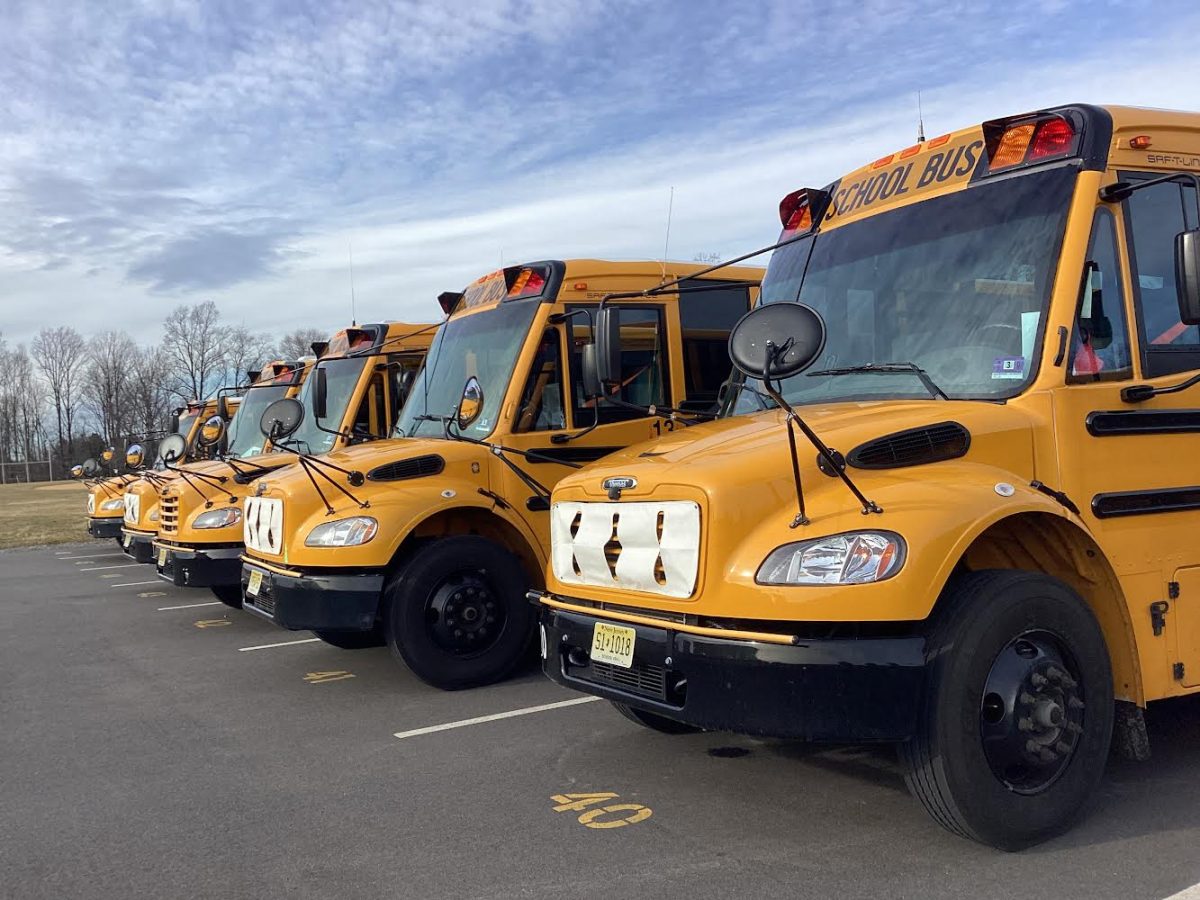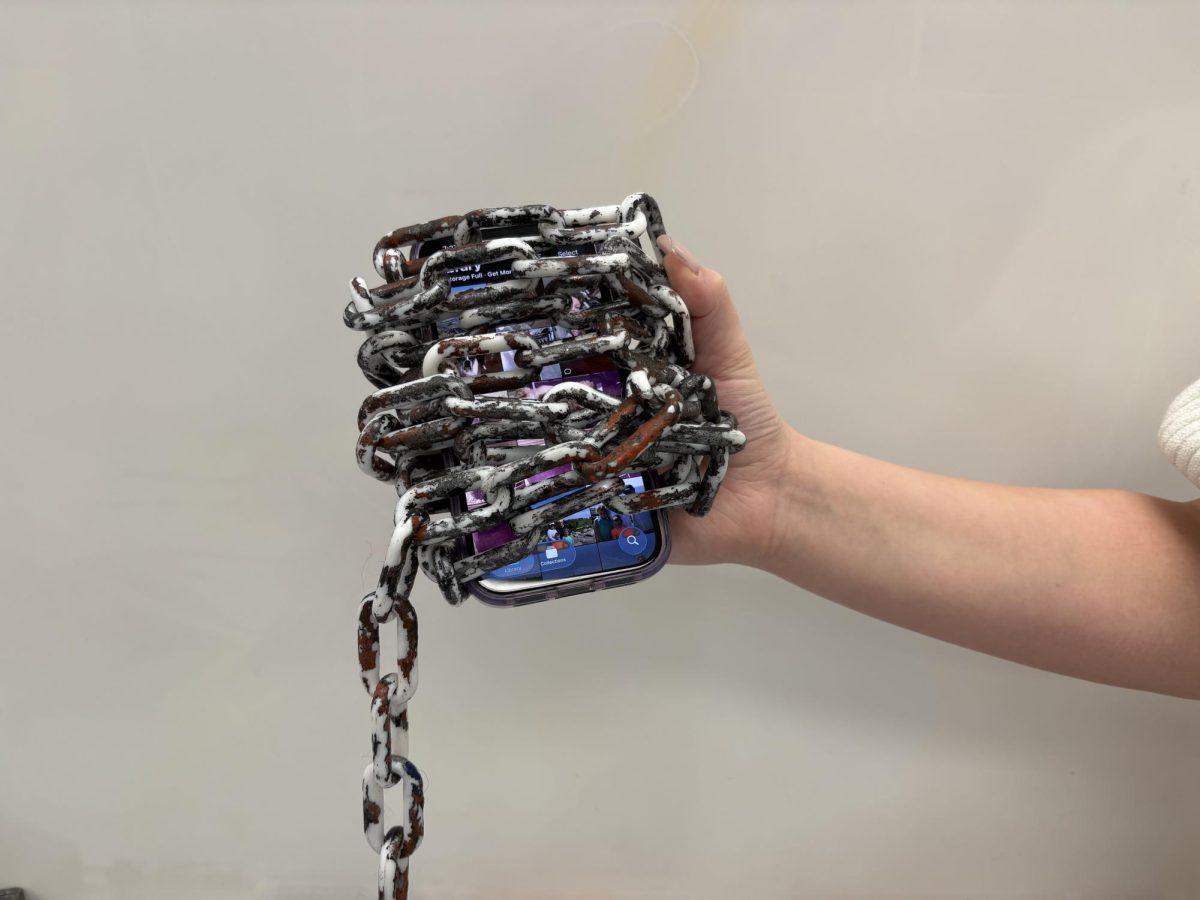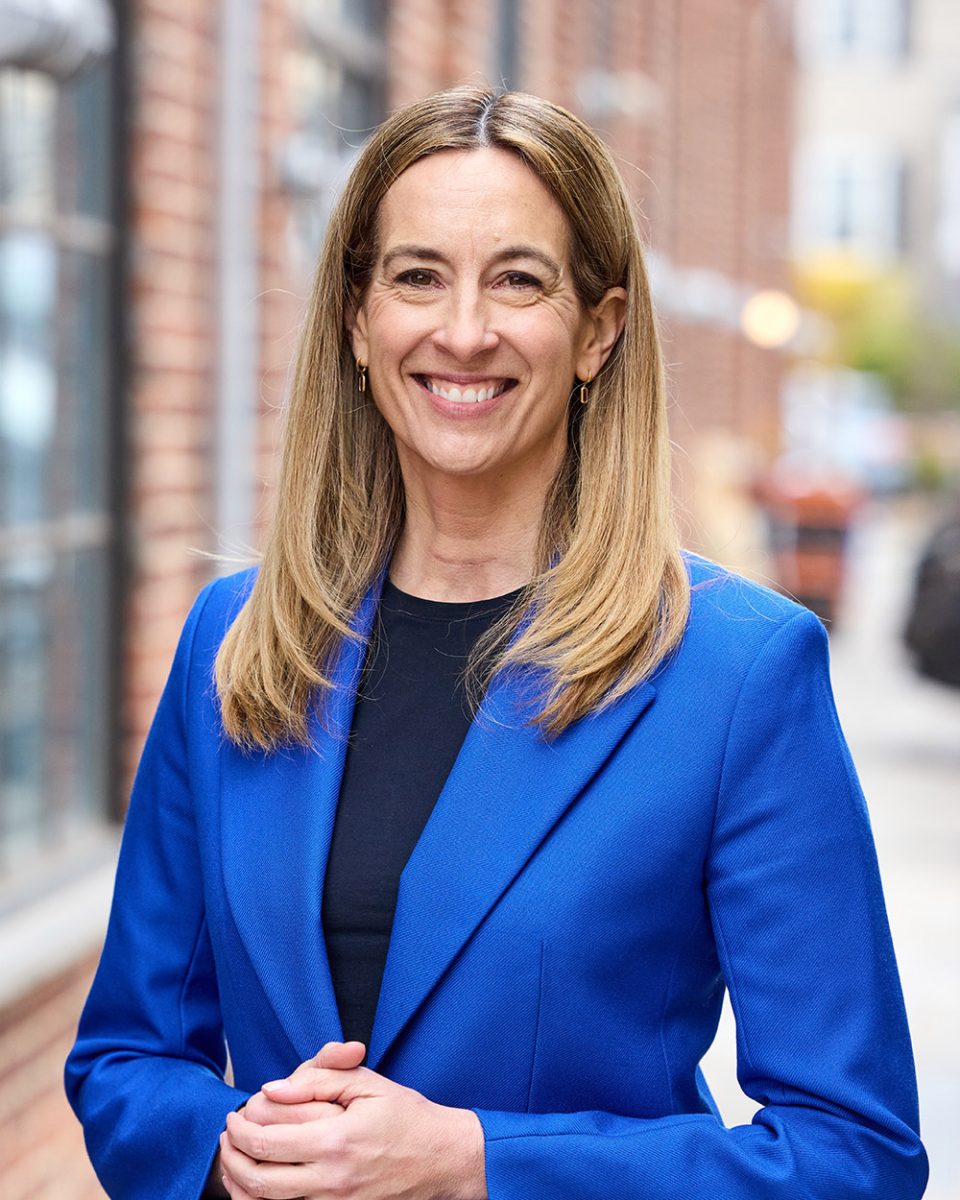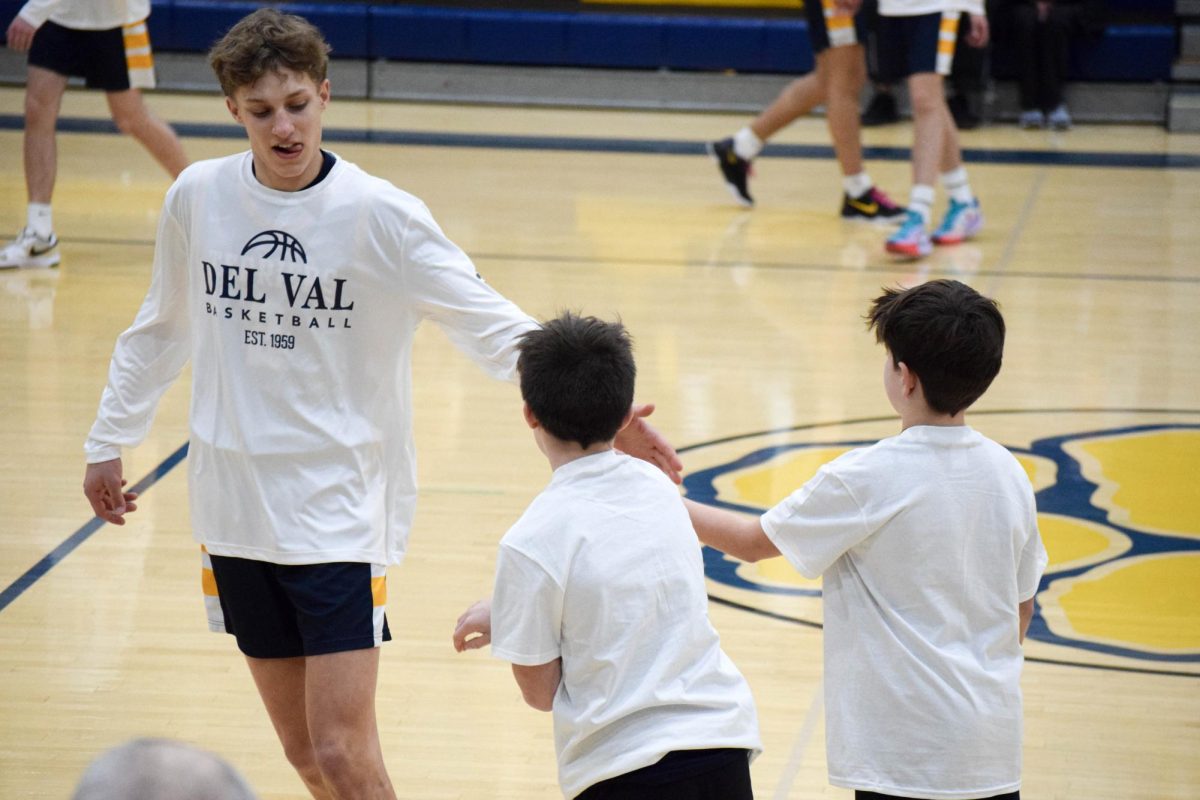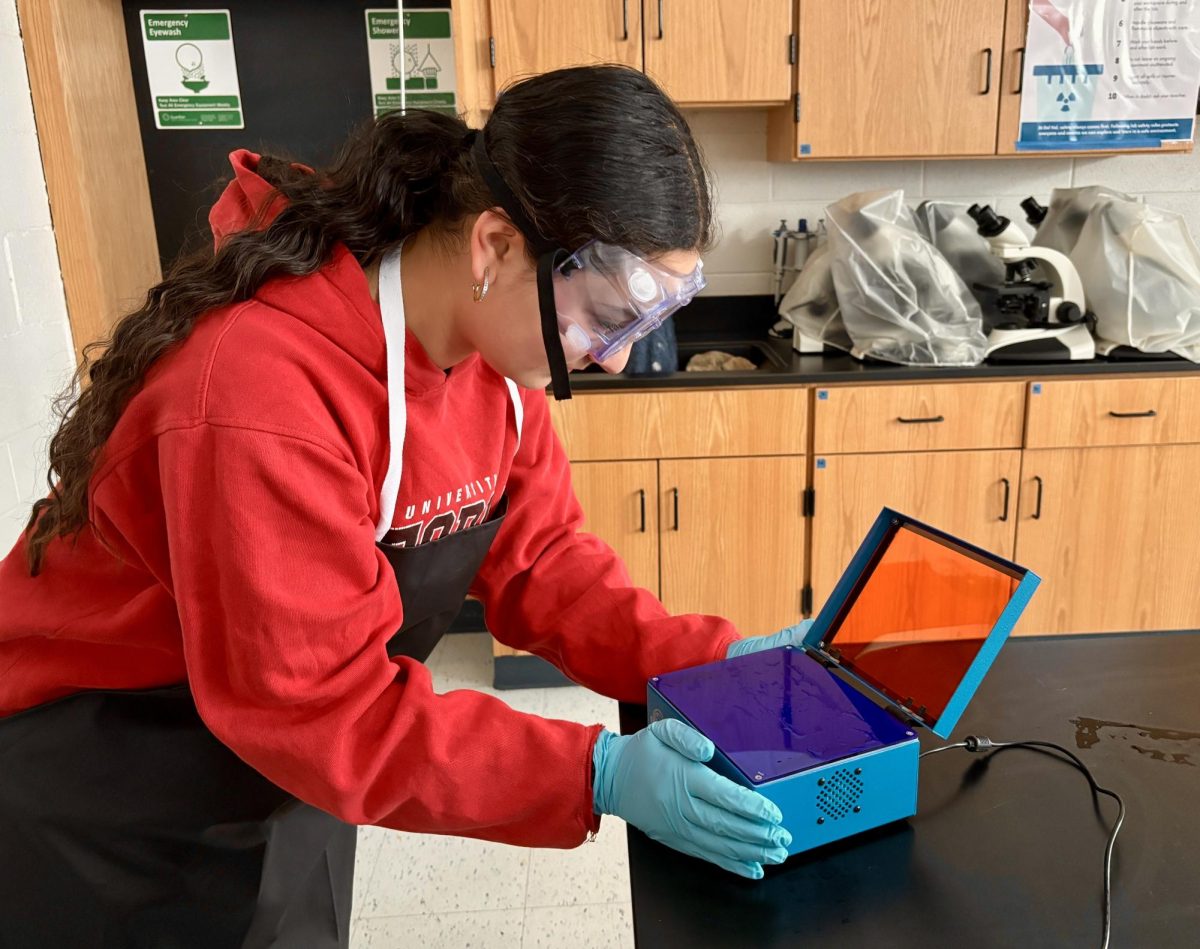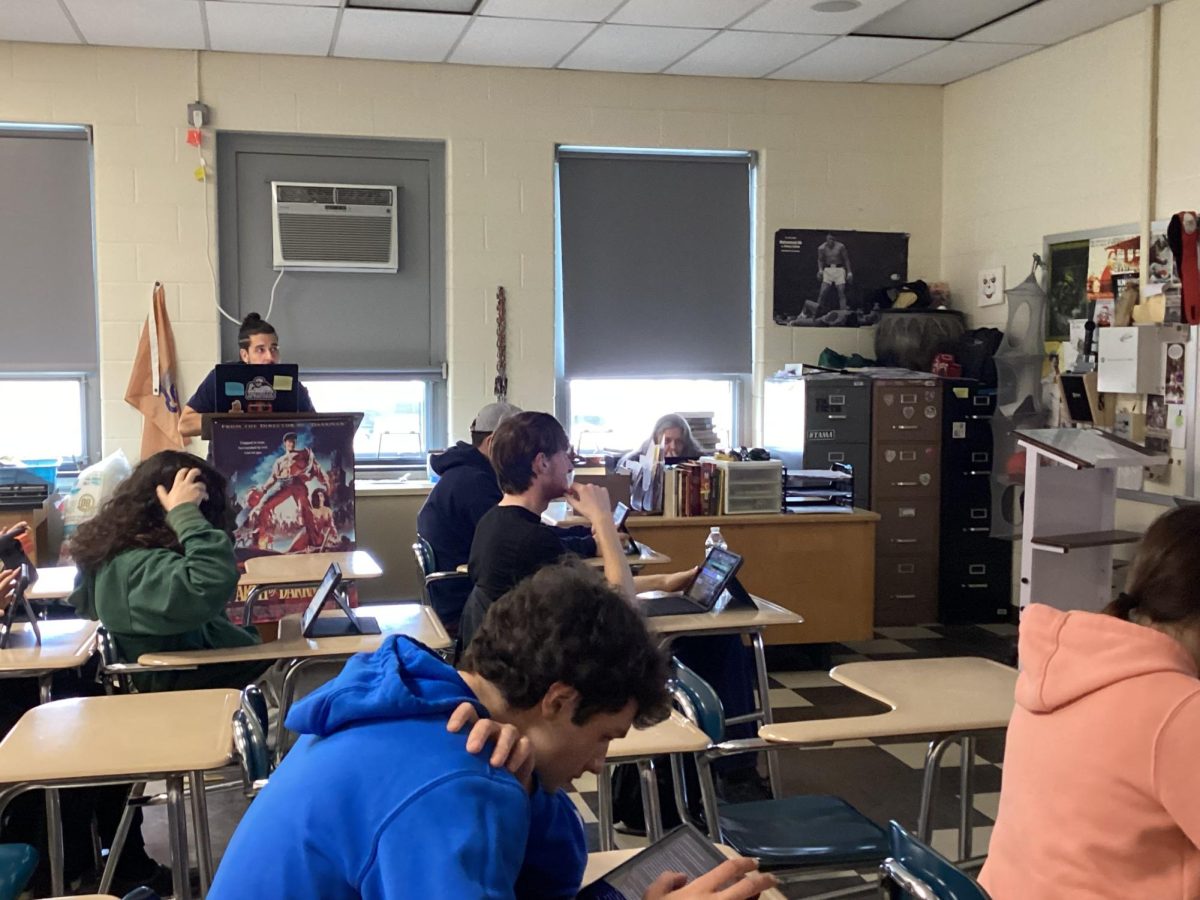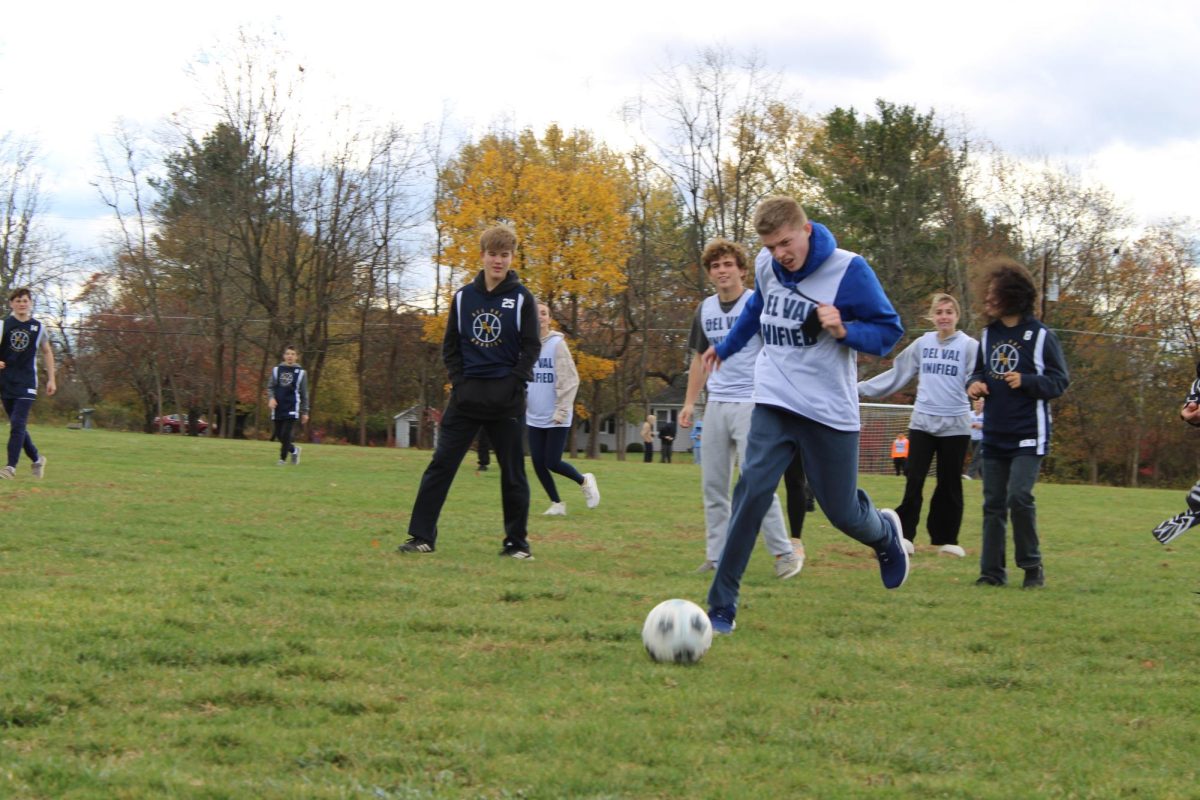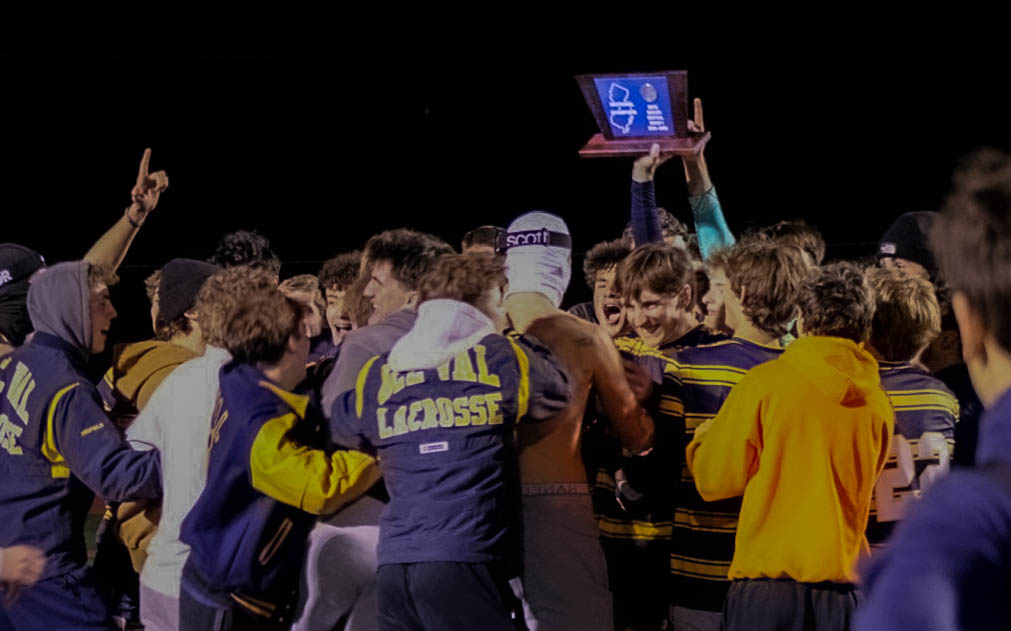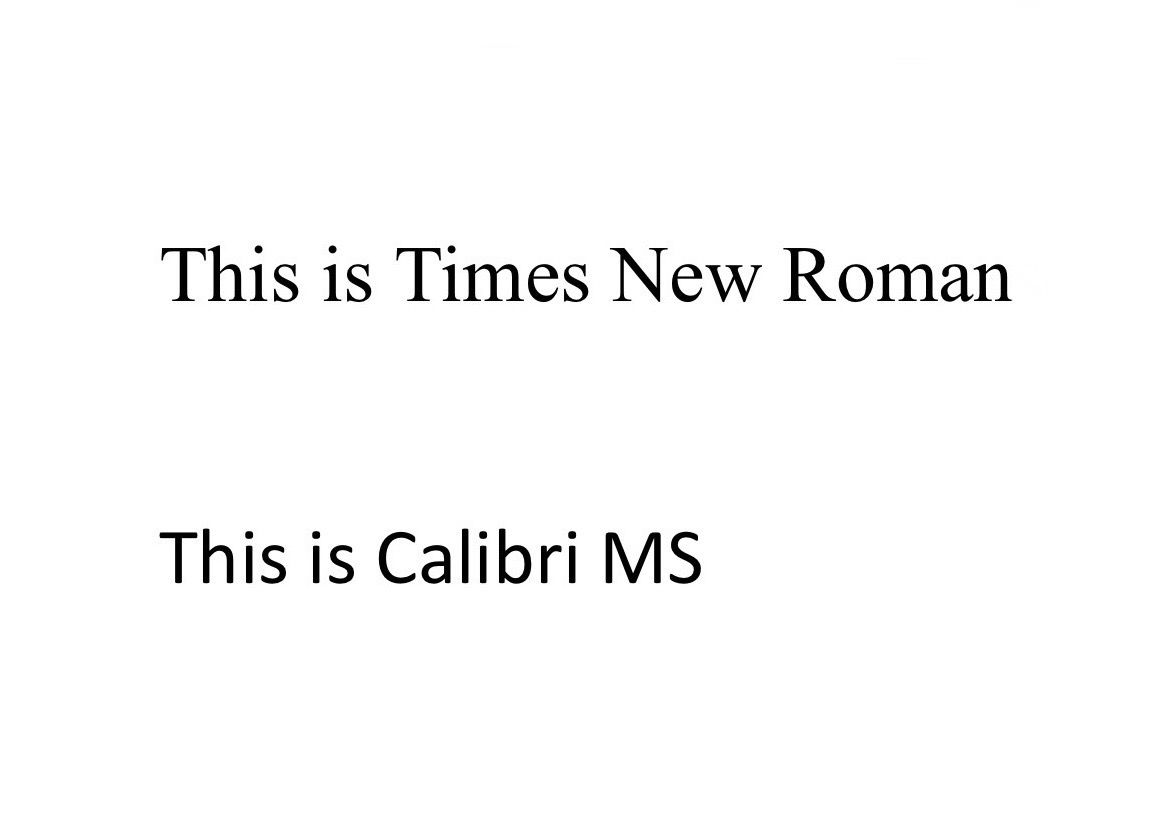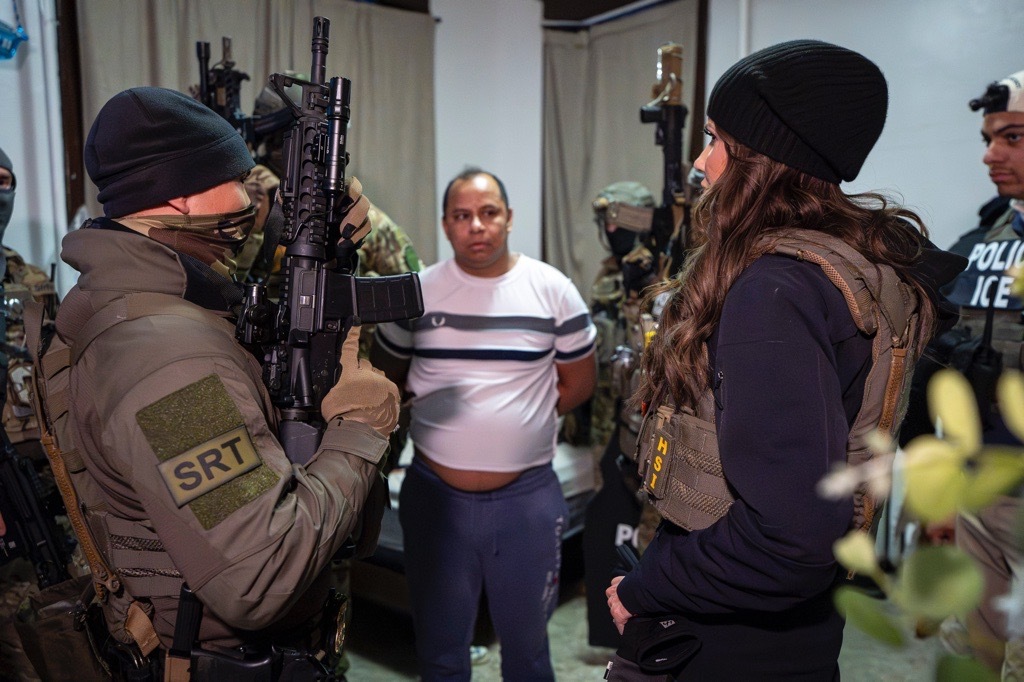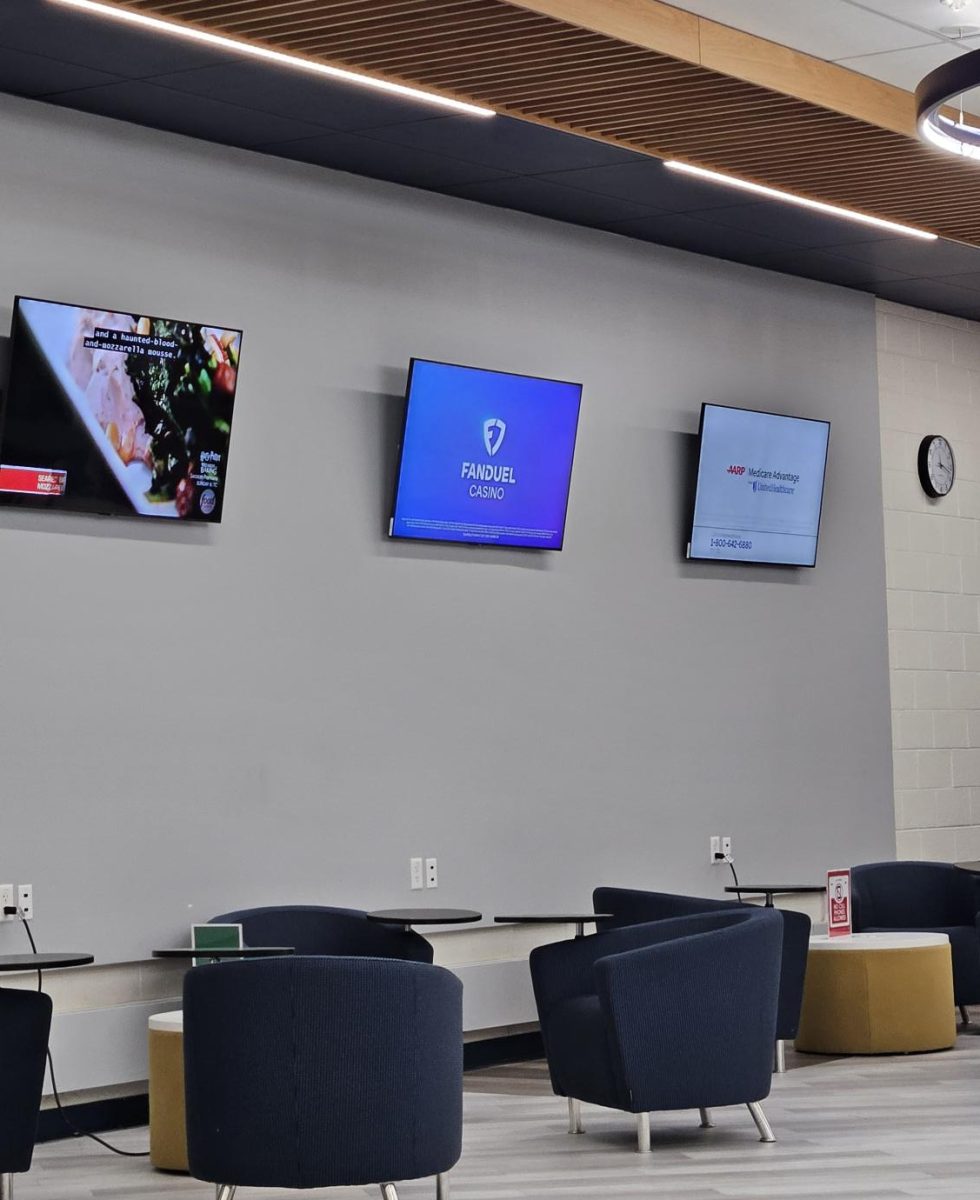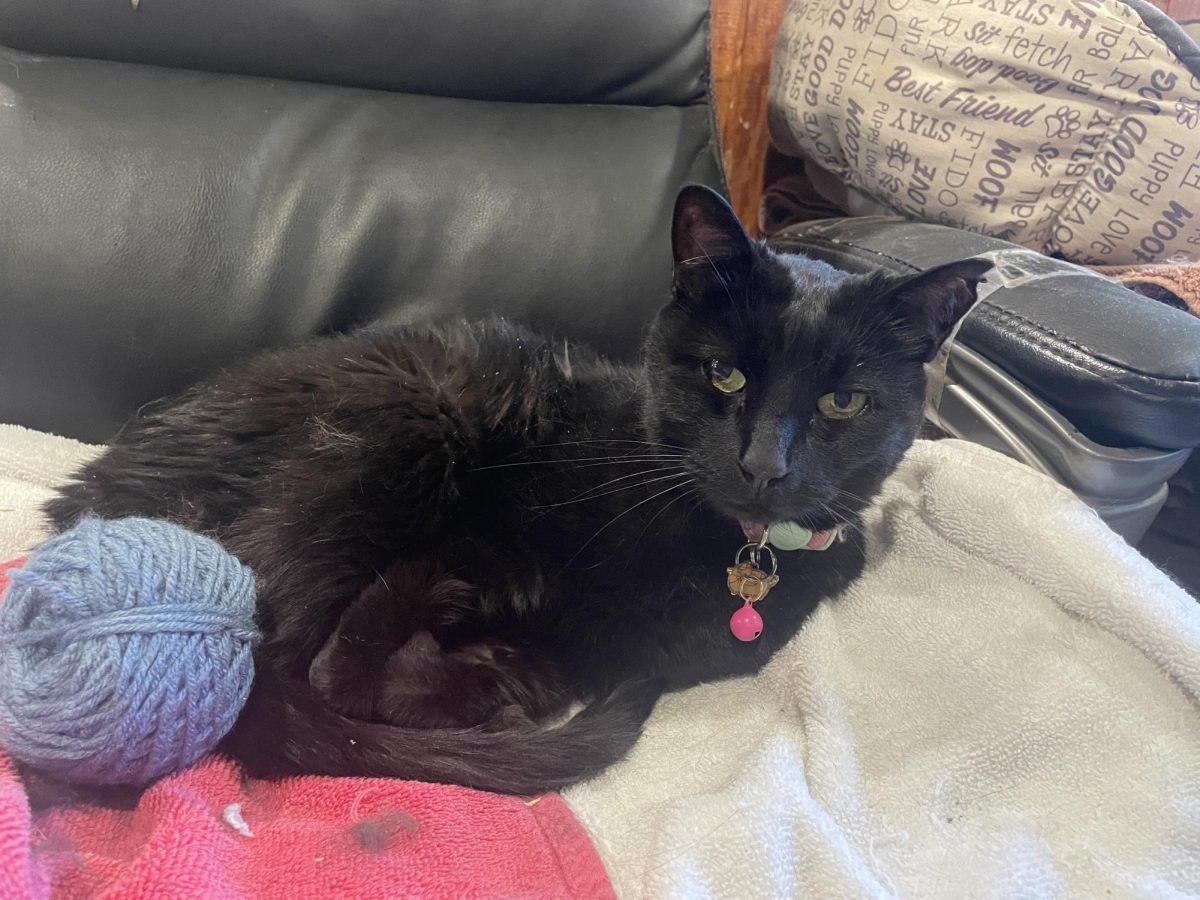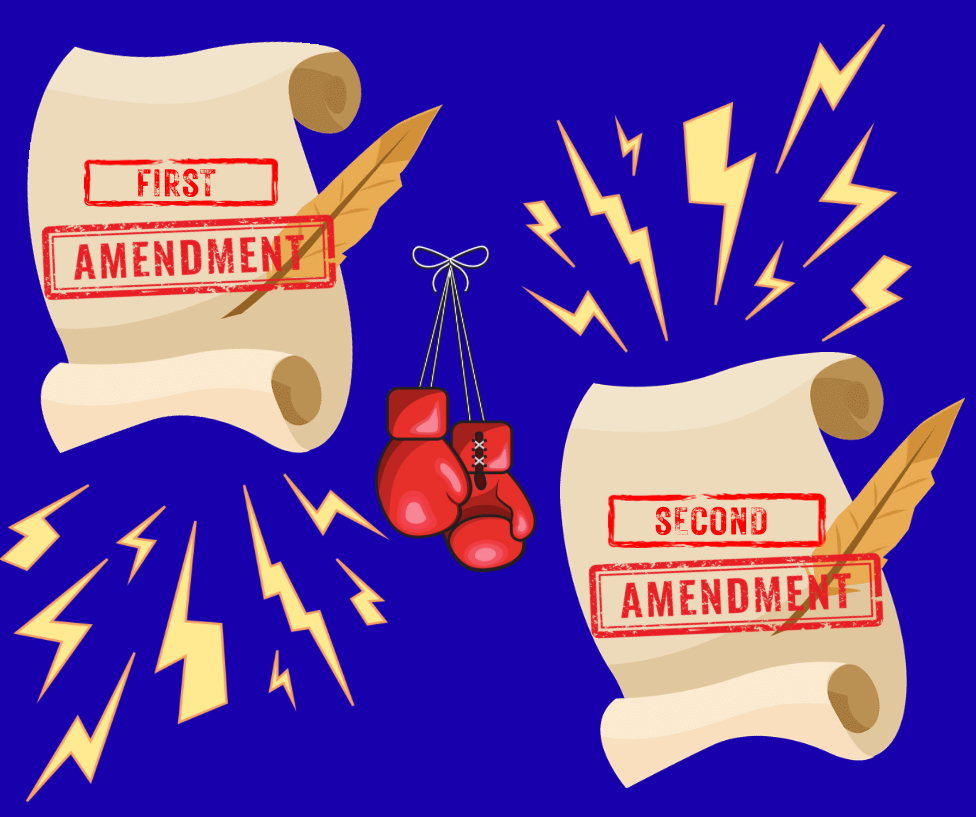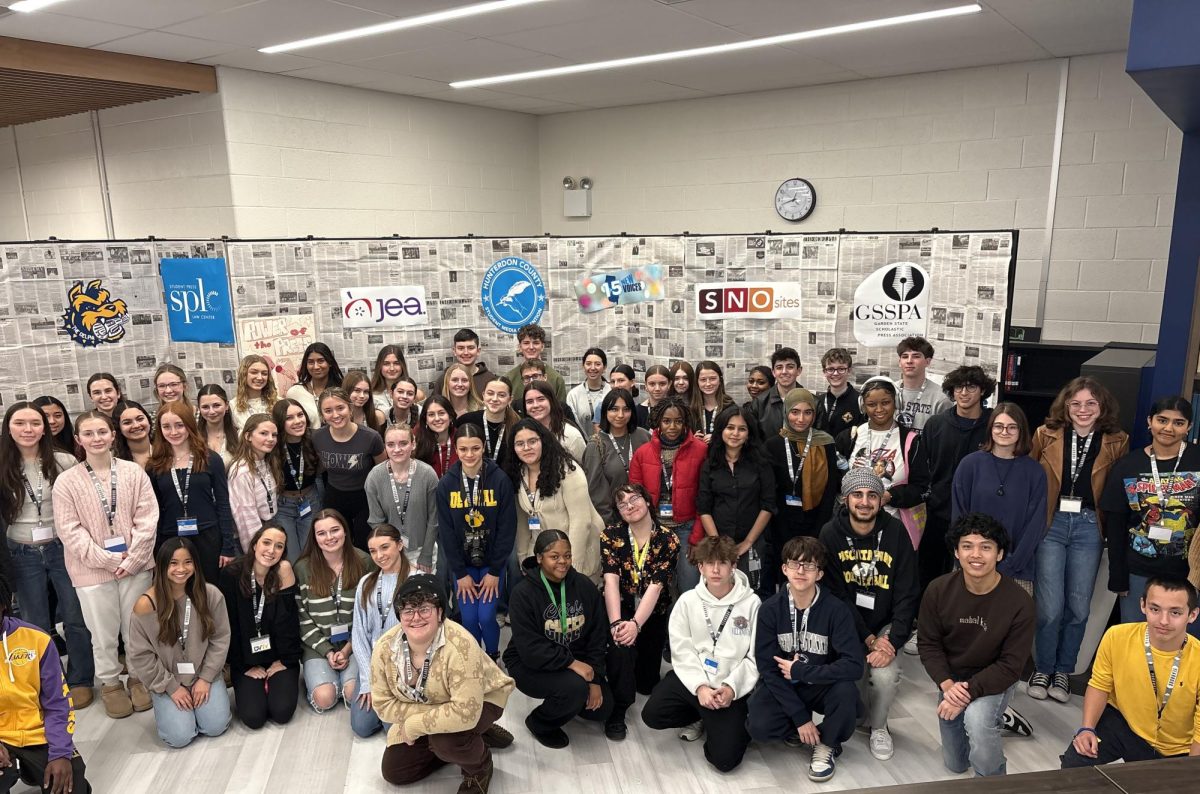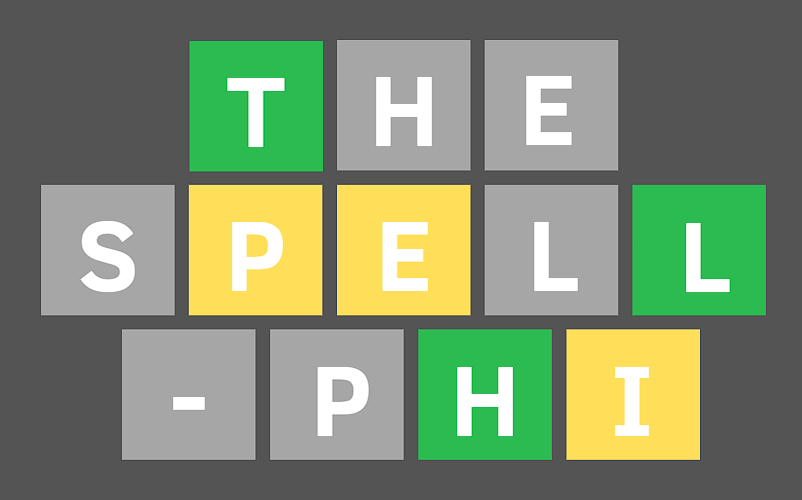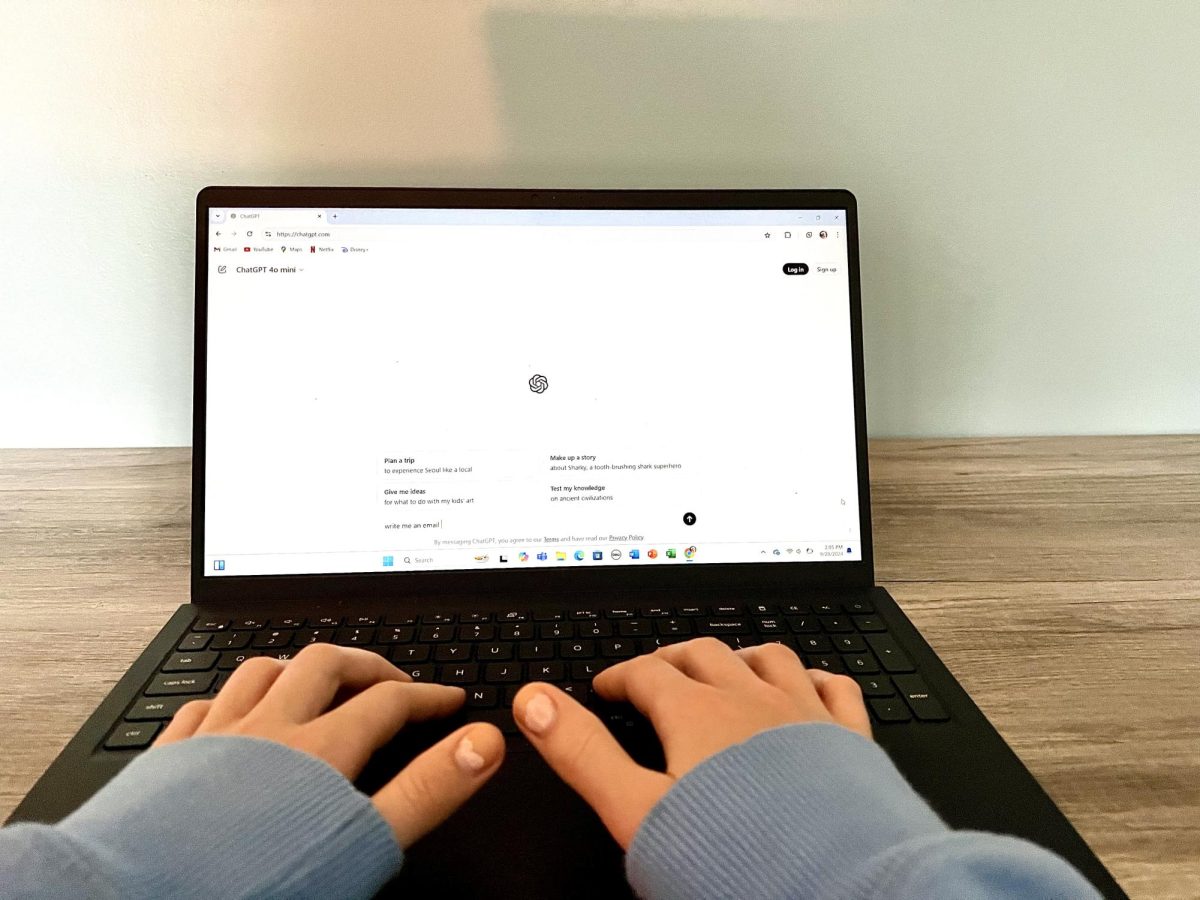For the 2024-25 school year, Del Val has implemented its first ever policy regarding the use of artificial intelligence.
“The expectation is that unless otherwise stated in the task description, all academic work is expected to be the total and unique work of the student aside from those exceptions stated below,” the policy outlines.
In essence, AI is only permitted to be used in the same ways one might consult a peer. Teachers, like AP Literature teacher Brian Smith, may allow students to use it as a sounding board for ideas and as a proofreader.
“We talk about AI as a thought partner,” Smith said. “It’s a great way to help you refine your research questions; it’s a great way to help you to outline your thoughts. The detriment is the people who try to use the timesaver as a means to cheat.”
It’s also important to note that AI should not be used to accomplish the objective of an assignment. For example, if the purpose of an assignment is to demonstrate one’s ability to edit for grammatical accuracy, it would not be appropriate to use Grammarly.
One caveat is that students must complete assignments in a single document on Google Suite to prove that the work is originally theirs. If they have used AI’s assistance on an assignment, they must disclose that to their teacher. It is up to individual teachers to create their own additional restrictions.
“I know in my classes I’m planning to actually teach how to use the AI,” Smith said.
Acting on this, Smith took several of his classes to the Commons for a seminar on how to use AI ethically. There, Del Val media specialist Tracy Miceli cleared up the gray areas of AI use vs. abuse and gave students the time to experiment with different AI tools.
“It is good that they are teaching us ways to use it to benefit us and how to use it as an aid,” sophomore Erin Dushinka said. “AI is something that is not going away and something that we need to know how to use responsibly if we want to go further in education, so it is good that they are putting the policy in place now.”
The Del Val faculty, including curriculum director Tara Civitillo, feels that this policy maintains a good balance. It preserves student learning while still allowing AI to be a tool in their toolbox.
“There are schools that have completely locked down every AI resource and said ‘we don’t want kids using AI,’” Civitillo said. “To me, that’s kind of a silly approach because someday you’re going to leave Del Val and you’re going to go to college or enter the workforce, and you have to be able to navigate those tools.”
Historically, Del Val gets a head start on innovative policies. It was one of the first schools to have an iPad initiative and to start using many of the apps and programs that are now central to many schools’ curricula.
The brainstorming of ideas regarding AI policies began at Del Val over two years ago. However, last school year, it became abundantly clear that this was something that needed to be outlined.
Del Val is glad to have adopted a clear policy before any issue around ambiguity, like the October 2024 lawsuit with Hingham High School, arose for them.
“I feel like it’s really helpful that it [the AI policy] outlines for both students and parents what the limit is for AI usage,” sophomore Margot Husson said. “It has everyone’s best interest at heart.”
The administration is proud to have a policy in place that also supports the use of AI as an educational tool. This is something Del Val considers to be unique to itself this early in the world of mainstream artificial intelligence.
“We really want to make sure we are at the forefront of it [using AI] rather than playing catch up,” Smith said.
Last school year, a handful of the staff, including Smith, Civitillo and Miceli attended TECHSPO, a large technology convention for schools and educators in Atlantic City. When they returned, they began to solidify a plan.
“If we don’t allow our students to learn how to use these tools in a setting where they have someone that can help them understand the ethical uses, we’re really doing our students a disservice,” Smith said.
Considering that AI is only a few years old and is already an integral part of the world, students can put themselves at a large advantage by learning how to use it early.
The present AI policy will likely adapt in the coming years as Del Val gets a greater idea of what works and what doesn’t.
“It’s hard to figure out the appropriate ways to use AI,” Civitillo said. “Even teachers are still learning.”

